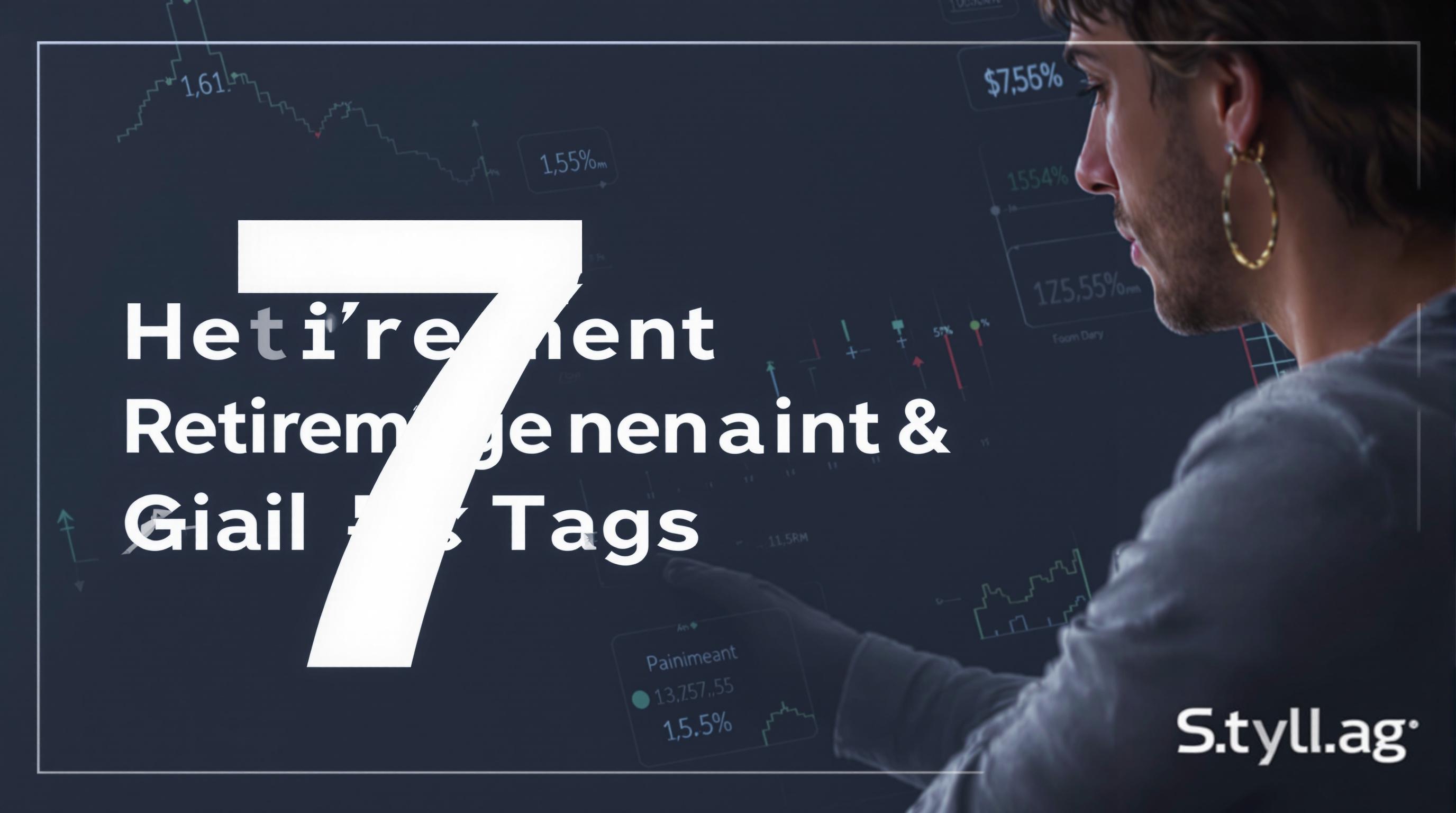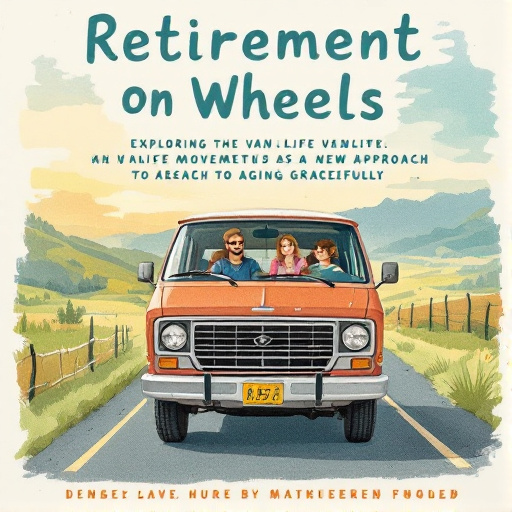Featured Articles
- Retirement Adventures: Exploring the Growing Trend of 'Retirement Sabbaticals' for a Fulfilling Future
- "Retirement in the Metaverse: How Virtual Real Estate Might Shape Your Golden Years"
- "Retirement on Wheels: Exploring the Vanlife Movement as a New Approach to Aging Gracefully"
- Retirement Planning for the Unplugged: Embracing Minimalism and Digital Detox Before You Retire
- "Retirement Reimagined: Exploring the Rise of Eco-Friendly Living for Seniors in a Post-Pandemic World"
Retirement Planning for the Unplugged: Embracing Minimalism and Digital Detox Before You Retire
Retirement Planning for the Unplugged: Embracing Minimalism and Digital Detox Before You Retire
Retirement planning is increasingly shifting from traditional financial strategies to embracing minimalist lifestyles and digital detoxes. This article explores how living simply and disconnecting from technology can prepare you for a fulfilling retirement, while also adding light humor and touching case studies throughout.
Understanding the Minimalist Mindset
At its core, minimalism is about making intentional choices that simplify your life. It’s about stripping away the unnecessary in order to focus on what truly matters—something many find invigorating at any stage of life. A recent study by the Journal of Economic Psychology found that individuals who embraced minimalism reported a 51% higher level of life satisfaction than their cluttered counterparts. Who wouldn’t want a piece of that pie?
Statistical Insights: The Rise of Minimalism
As of 2023, nearly 55% of Americans are considering downsizing their lives, which includes decluttering physical spaces and reducing screen time. Minimalism isn’t merely a trend; it’s a necessary lifestyle adjustment. For instance, the renowned author and minimalist Joshua Becker emphasizes that “the beauty of minimalism is found in the life we gain, not the stuff we lose.”
Digitally Detoxifying: A New Retirement Approach
Most of us spend an overwhelming amount of time glued to our screens. In fact, a survey by Statista found that Americans spend an average of over 6 hours a day consuming digital media—a figure that has only increased over the past decade. Imagine what could be achieved if one redirected that time towards personal growth and adventure! Picture a Retirement Road Trip instead of sitting on a couch scrolling endlessly.
A Personal Journey: The Case Study of Janet and Bill
Let me introduce you to Janet and Bill, an endearing couple in their mid-60s. After watching their adult children embrace minimalism while decluttering their own homes, they decided to undertake a digital detox and distill their belongings to only the essentials. The results were staggering; they not only purged their material items but also their digital clutter, elevating their quality of life immensely. Janet laughed, saying, “I didn’t know how attached I was to my phone until I didn’t have it with me every second of the day!”
Rethinking Financial Security
The traditional model of retirement planning often emphasizes fat savings accounts and steady income streams. But minimalism challenges this narrative. According to a survey by the Employee Benefit Research Institute, 62% of Americans feel unprepared for retirement, not just financially but in terms of their lifestyle. When you strip away burdensome expenses and responsibilities, the financial requirements for retirement become much less daunting.
The Connection Between Happiness and Minimalism
That nagging feeling of being overwhelmed? It may be rooted in excess. The American Psychological Association states that clutter can elevate stress and lead to mental fatigue. By minimizing both your possessions and screen time, the mind becomes like a well-tended garden—instead of weeds, there’s room for growth, creativity, and joy.
Embracing Nature in Retirement
In the spirit of disconnecting, consider dedicating some of your retirement days to embrace nature. Research has shown that spending time outdoors can dramatically improve mental well-being and lower anxiety levels. For example, a study published in the journal "Environmental Psychology" found that just a 20-minute walk in nature can reduce stress levels significantly. Imagine swapping your daily digital scroll for a daily walk to simply enjoy the beauty around you.
Connecting with the Community
Minimalism and digital detox aren’t just personal journeys; they can forge deeper connections with your community. Volunteering and engaging in local activities provide genuine human interaction, reducing the alienation that sometimes comes with digital dependence. Bill shares, “I didn't think I could connect with people outside of social media, but after joining a local gardening club, I’ve met more amazing people in a month than I did online in a year!”
Financial Strategies for the Unplugged
Even as you embrace minimalism, it’s critical to have a financial plan in place. Use the money saved from decluttering to bolster your retirement funds. One approach is to radically reduce your fixed monthly liabilities—think smaller homes, fewer bills, and more experiences! Financial freedom, after all, often accompanies a mental detox.
Save and Invest Wisely
Statistics show that millennials are putting greater value on experiences rather than material goods, leading to higher investment rates in travel, education, and health. According to Bankrate, 70% of respondents stated that experiences bring them more joy than possessions. Perhaps trade that shiny new car for a year of travel experiences you're likely to remember far longer!
Conclusion: Preparing for a Joyful Retirement
As this article shows, minimalism and digital detoxing go hand in hand in crafting a meaningful retirement experience. Whether you’re 16 or 70, it’s never too late to embrace a simpler life, align your financial priorities, and kickstart a digital detox. You may just find that less truly is more, especially when it leads to deeper connections, greater happiness, and a richer existence in retirement.
In the wise words of the minimalist author Marie Kondo, “The question of what you want to own is actually the question of how you want to live your life.” Whether you're preparing for retirement or just starting your journey, remember: Live intentionally, disconnect to reconnect, and make your golden years truly golden.




